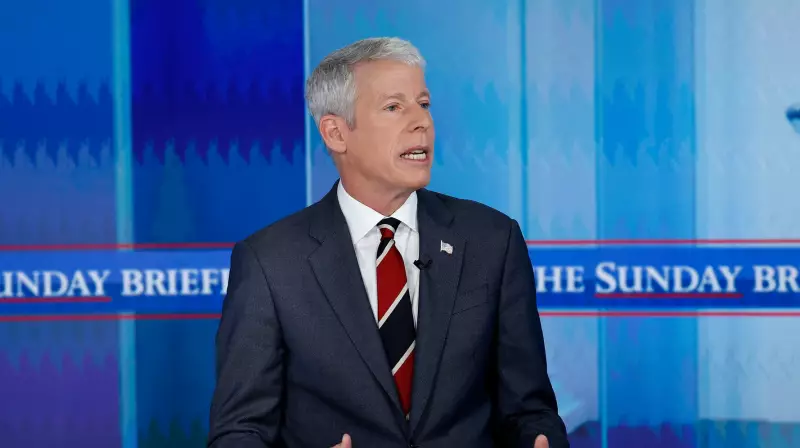
The Trump administration reportedly engaged in serious discussions about resuming nuclear weapons testing, potentially ending a 28-year moratorium that has been a cornerstone of global non-proliferation efforts, according to senior administration officials familiar with the matter.
The controversial debate occurred during a May 15 meeting where representatives from top national security agencies considered the unprecedented move. While no final decision was reached, the mere consideration of restarting testing has sent shockwaves through diplomatic and arms control communities.
Breaking a Three-Decade Pause
The United States has not conducted an explosive nuclear test since 1992, maintaining an informal testing moratorium that subsequent administrations from both political parties have honored. The discussion to potentially resume testing represents a significant departure from this long-standing policy.
According to sources who spoke on condition of anonymity, some officials argued that conducting a test could provide valuable leverage in future arms control negotiations with Russia and China. The proposed test would have been the first since the Comprehensive Nuclear-Test-Ban Treaty was signed in 1996, though the U.S. never formally ratified the agreement.
Global Security Implications
Arms control experts warn that a U.S. return to nuclear testing could trigger a dangerous new arms race, potentially encouraging other nuclear powers to resume their own testing programs. This move could fundamentally undermine decades of non-proliferation efforts and destabilize global security architecture.
The discussion comes amid growing tensions with both Russia and China over arms control agreements. The Trump administration has expressed concerns about Russian compliance with existing treaties and has sought to include China in broader nuclear arms limitation talks.
Mixed Reactions and Ongoing Debate
Within the administration, opinions appear divided. Some officials view testing as a necessary demonstration of U.S. nuclear capabilities and a potential bargaining chip, while others caution about the severe diplomatic repercussions and environmental concerns.
The National Nuclear Security Administration and the White House have declined to comment on the specific discussions, though the administration's broader approach to nuclear modernization and arms control continues to evolve.
As the debate continues behind closed doors, the international community watches closely, aware that a single decision could reshape global nuclear dynamics for years to come.





